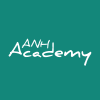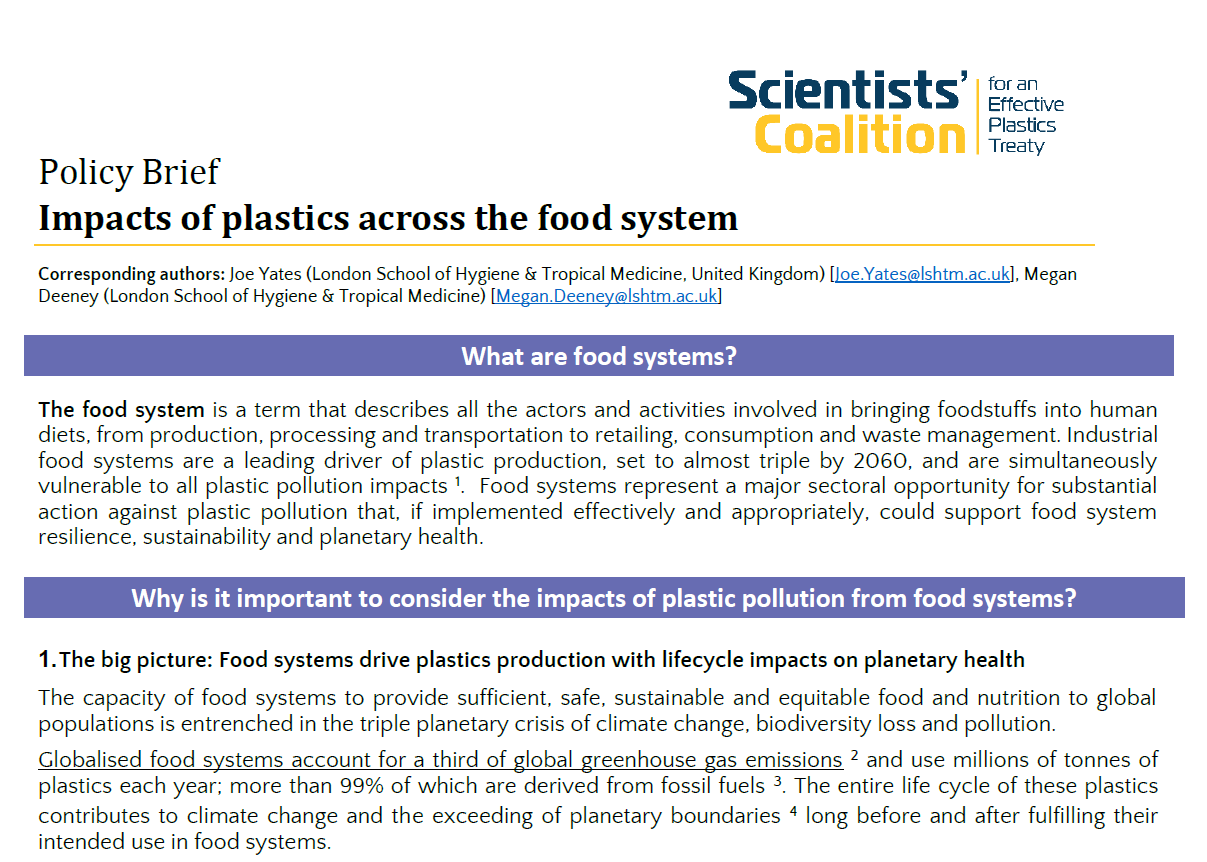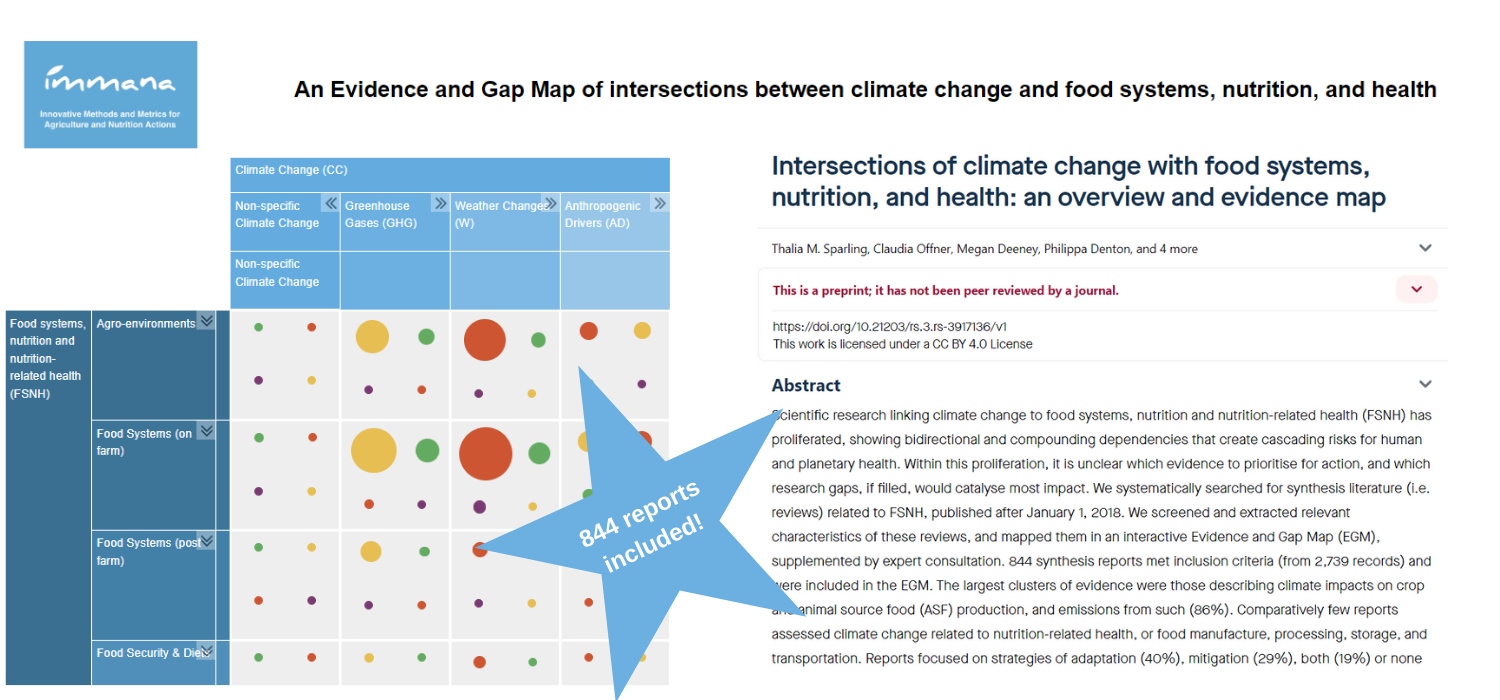
Former IMMANA grantee David Little co-authored a new paper entitled "Adolescent girls in aquaculture ecozones at risk of nutrient deficiency in Bangladesh development and validation of an integrated metric".
Currently, there is no metric that takes account of environmental, cultural and economic contexts when considering fish consumption and dietary health from a policy perspective. In Bangladesh, fish is an important protein component of the diet but household-level intake data typically overestimates actual seafood consumption and does not account for varying intakes based on sex, age, income and religious beliefs.
Building on previous IMMANA work [Aquatic Food for Health and Nutrition (AQN)], this study developed and validated an integrated metric that enhances understanding of linkages between agro-ecological and socio-economic factors that are important for explaining nutritional wellbeing in relation to fish consumption; especially among adolescent girls who are at risk of nutritional deficiency in Bangladesh.
Observational data on different aquaculture-ecozones defined by salinity enabled the researchers to establish linkages between seasonal fish intake, religion, diet diversity, female autonomy and nutritional wellbeing. For instance, the researchers found that geographical region, salinity, seasonality and higher female autonomy are predictors for impacts of farmed seafood-producing agro-ecosystems on whole blood omega-3 index, a risk marker of cardiovascular disease and associated health outcomes. Improving female decision-making autonomy could positively impact on their dietary intake, indicating an important role for female autonomy in food access and food choice, nutritional status and health.
The purpose of the developed metric is to reveal these specific linkages in practice. This tool should improve targeting of timely, preventative and cost-effective nutritional interventions to adolescent girls most at-risk from low omega-3 levels in communities where seafood is produced.
David Little is a former grantee that worked on the IMMANA project: Aquatic Food for Health and Nutrition (AQN): A metric for assessing the impacts on nutrition and health of agroecosystems producing farmed seafood




